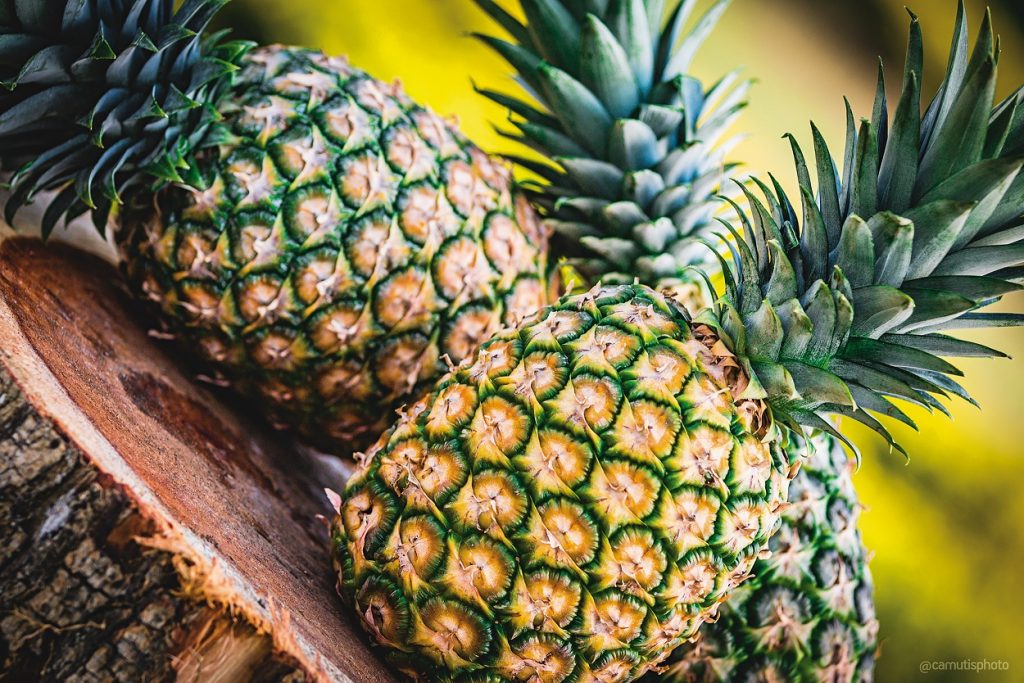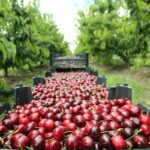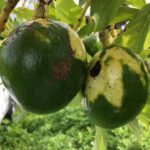First in vitro pineapple plants in the Dominican Republic
July 03 , 2024


Dominican Republic's Ministry of Agriculture inaugurates its first locally grown in vitro pineapple for propagation and production.
BIOVEGA, an agricultural production laboratory affiliated with the Dominican Republic’s Ministry of Agriculture, is tasked with producing 10,000 pineapple suckers for the Sánchez Ramírez province pineapple cooperative (COOPISAR).
So far, the institution has already delivered 4,000 pineapple suckers to the cooperative.
The laboratory's purpose is to serve Dominican agricultural producers by maintaining the quality and safety of planted materials, stabilizing production costs, and providing farmers with high-genetic value plants. The institution's workforce is supported by the Dominican state and is based in Pontón, La Vega.
The Technical Director of BIOVEGA, Esclaudys Perez Gónzales, is in charge of managing the entire plant production process, from its introduction to the lab to the delivery.
He explains that the production of pineapple comes as a direct response to private and local producer's demands. The director explains that the in vitro process involves several stages.
"Producers approach the Ministry of Agriculture and announce the plant they wish to propagate. Sometimes they might be advised to visit other laboratories. If they come to us, once the material is in hand, an agreement is reached for the production of that plant," Perez Gónzales explains.
"After obtaining the mother plant and treating it under germination processes to reduce its microbial load, the plant is introduced into the laboratory where necessary techniques are applied for the multiplication process," he added.
"The final step is to transfer the fruit to the greenhouse, where it remains for about two months before being delivered to the producer."
Thanks to the agreement with COOPISAR, one of the recipients and contributors of pineapple leaf shoots or "macolla" to BIOVEGA, the laboratory has already delivered 4,000 pineapple suckers to the market.
Perez Gónzales explains that pineapple is produced in the Dominican Republic thanks to the soil and climate in the northeast of the island.
"Seventy to eighty percent of the national production is grown in Monte Plata and Cotuí, as well as certain parts of Santiago, where the soil is relatively acidic."
In vitro production takes between 10 to 14 months, depending on the number of mother plants introduced into the nursery.
The director says that the remaining 6,000 pineapple suckers to be delivered to COOPISAR are almost ready.
BIOVEGA produces new in vitro plants only when there is a confirmed producer. The laboratory primarily focuses on creating in propagating musaceae or plantains, due to the continuous demand from producers.
"The goal of BIOVEGA is to provide materials with high genetic value at a relatively low cost to Dominican producers," explains Perez Gónzales.
He mentions that, so far, they have received demands from three different organizations for pineapple suckers. One came from COOPISAR and the remaining two came from different cooperatives in Cotuí.
Pineapple is usually cultivated in tropical and subtropical climates. The fruit requires a high level of humidity and warmth to grow healthy fruit. Major pineapple producers include Costa Rica, Brazil, the Philippines, Thailand, and Indonesia.
Typically, the pineapple harvest season runs from March to July.
In the Dominican Republic, pineapples are primarily for the local market, but a significant portion is exported to Israel, Spain, and France.
However, production costs for the fruit are high for small-scale producers.
The cost of production per task is RD$54,712 or USD$ 927. Pineapples usually cost between RD$84 to RD$90 in supermarkets, meaning a producer would need to sell around 84 units to recoup their investment.









To provide the best experiences, we and our partners use technologies like cookies to store and/or access device information. Consenting to these technologies will allow us and our partners to process personal data such as browsing behavior or unique IDs on this site and show (non-) personalized ads. Not consenting or withdrawing consent, may adversely affect certain features and functions.
Click below to consent to the above or make granular choices. Your choices will be applied to this site only. You can change your settings at any time, including withdrawing your consent, by using the toggles on the Cookie Policy, or by clicking on the manage consent button at the bottom of the screen.
